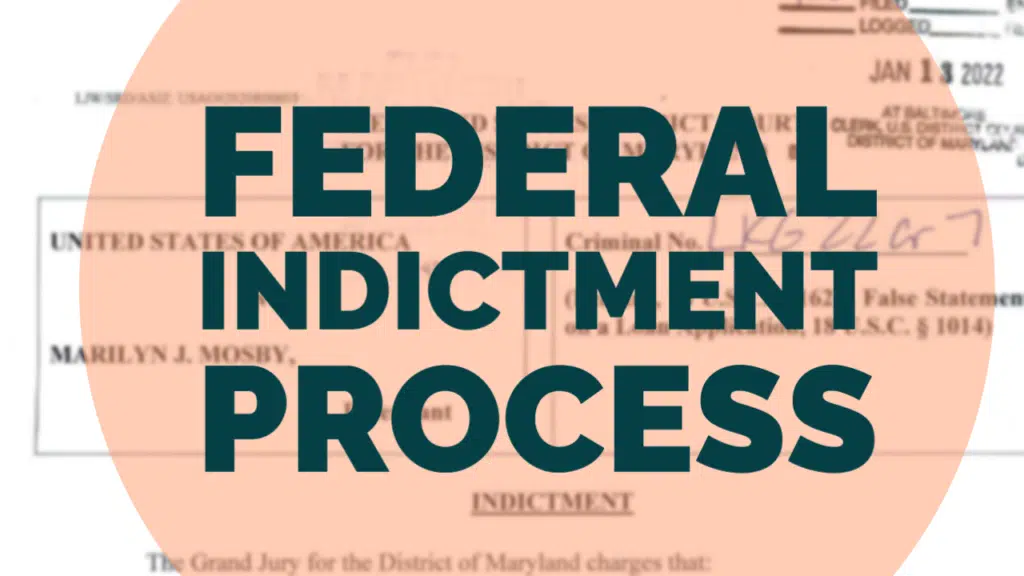When Federal Prison's in Your Future
Are You Going to Federal Prison
In Criminal Cases Knowledge is Key
Sentenced to Federal Prison?
Defendant Character Letter

Defendant character letter is pivotal during sentencing, providing the court with crucial insights beyond the defendant’s criminal charges. Authored by family, friends, or colleagues, these letters paint a fuller picture of the individual’s character, highlighting positive traits, community ties, and potential for rehabilitation.
They humanize the defendant, offering context and personal stories that can influence the judge’s perception and potentially mitigate the severity of the sentence, shaping a more compassionate and informed judgment.
Why is a Defendant Character letter so Important?
Humanize the Defendant: In the legal system, where focus often lies heavily on the crime and legal facts, character letters provide a more personal and holistic view of the defendant. They help humanize the individual in front of the court, presenting them as more than just their criminal charges.
Provide Context: These letters can offer context about the defendant’s background, life circumstances, and personal challenges that might have influenced their behavior. Understanding these factors can be critical in a judge’s decision-making process.
Show Rehabilitation Potential: Character letters often highlight the defendant’s positive traits, accomplishments, or efforts at self-improvement, demonstrating their potential for rehabilitation. This can be particularly influential in decisions about the type and length of the sentence.
Support from Community and Family: Letters from family, friends, employers, or community members show that the defendant has a support system in place. This support can be a significant factor in reducing recidivism, indicating to the court that the individual has a network to aid in their reintegration into society.
Mitigate Sentencing: By providing evidence of good character, remorse, and community ties, these letters can sometimes lead to more lenient sentences. They offer the judge a more comprehensive view of the defendant, which can be a deciding factor in the final judgment.
In conclusion, the Defendant character letter plays a vital role in sentencing by offering a multi-dimensional view of the defendant, potentially influencing the court’s perception and the resulting sentence.